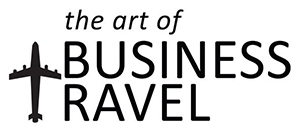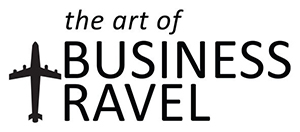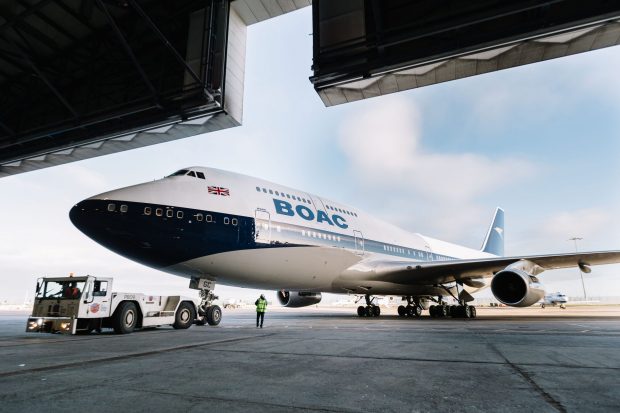
British Airways will retire its fleet of Boeing 747 aircraft, fondly known as ‘The Queen of the Skies’, effectively immediately.
After nearly five decades of service and millions of miles flown around the globe, the airline’s remaining 31 747-400 aircraft will be retired as a result of the devasting impact the Covid-19 pandemic has had on the airline and the aviation sector.
Just a year ago, British Airways re-painted three of its jumbo jets in heritage colours to mark the company’s centenary; the BOAC jet put in a guest appearance with the Red Arrows acrobatic team during the Royal International Air Tattoo.
READ: Travel Cases Inspired by Americana
The fuel-hungry aircraft were slowly being phased out by British Airways as they reached the end of their working life in order to help meet the company’s commitment to net-zero carbon emissions by 2050. The airline has invested heavily in new, modern long-haul aircraft, including six A350s and 32 787s, which are around 25 per cent more fuel-efficient than the 747. As part of the airline’s recent GBP6.5 billion (US$8.23 billion) investment, existing aircraft have been refurbished and the brand new arrivals have come into the British Airways’ fleet complete with a luxurious business class Club Suite product.
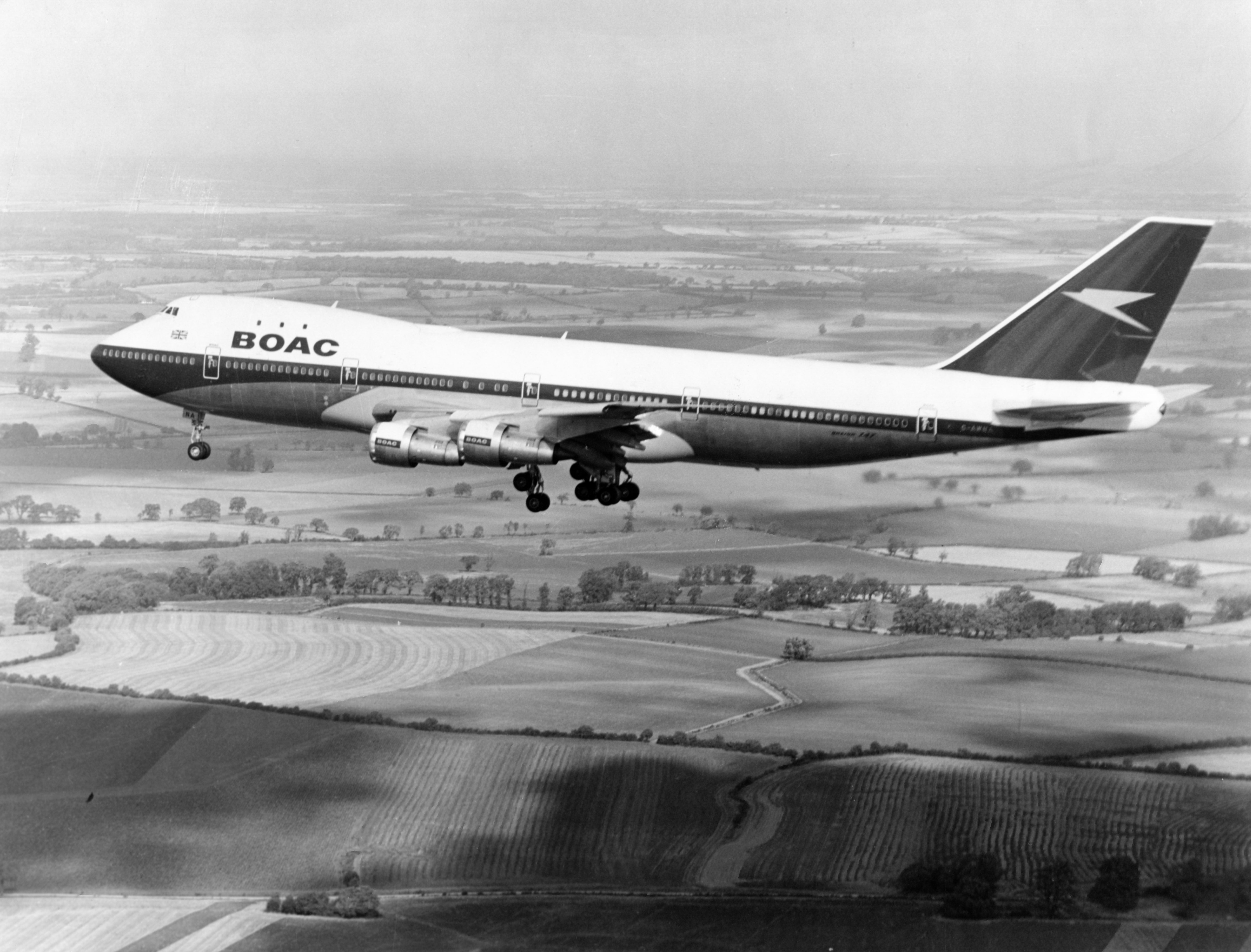
“This is not how we wanted or expected to have to say goodbye to our incredible fleet of 747 aircraft,” says Alex Cruz, British Airways’ Chairman and CEO. “It is a heartbreaking decision to have to make. So many people, including many thousands of our colleagues past and present, have spent countless hours on and with these wonderful planes – they have been at the centre of so many memories, including my very first long-haul flight. They will always hold a special place in our hearts at British Airways.”
BOAC operated its first 747 London to New York service on April 14, 1971 and in July 1989 the first British Airways 747-400, the aircraft type the airline still flies today, took to the skies.
READ: Etihad Goes Lux with its 787 Dreamliner Business Class
Plane spotters who lined Heathrow’s perimeter fences would watch as the magnificent 747-400 would typically take off at 180mph (289km/ph) and reach cruising speeds in the sky of up to 565mph (909km/ph).
For the next decade, the airline took delivery of 56 more of the aircraft, with its final plane delivered in April 1999. At the time, it was the largest commercial aircraft in the world, and it remained so until the Airbus A380 first took to the skies in 2007.
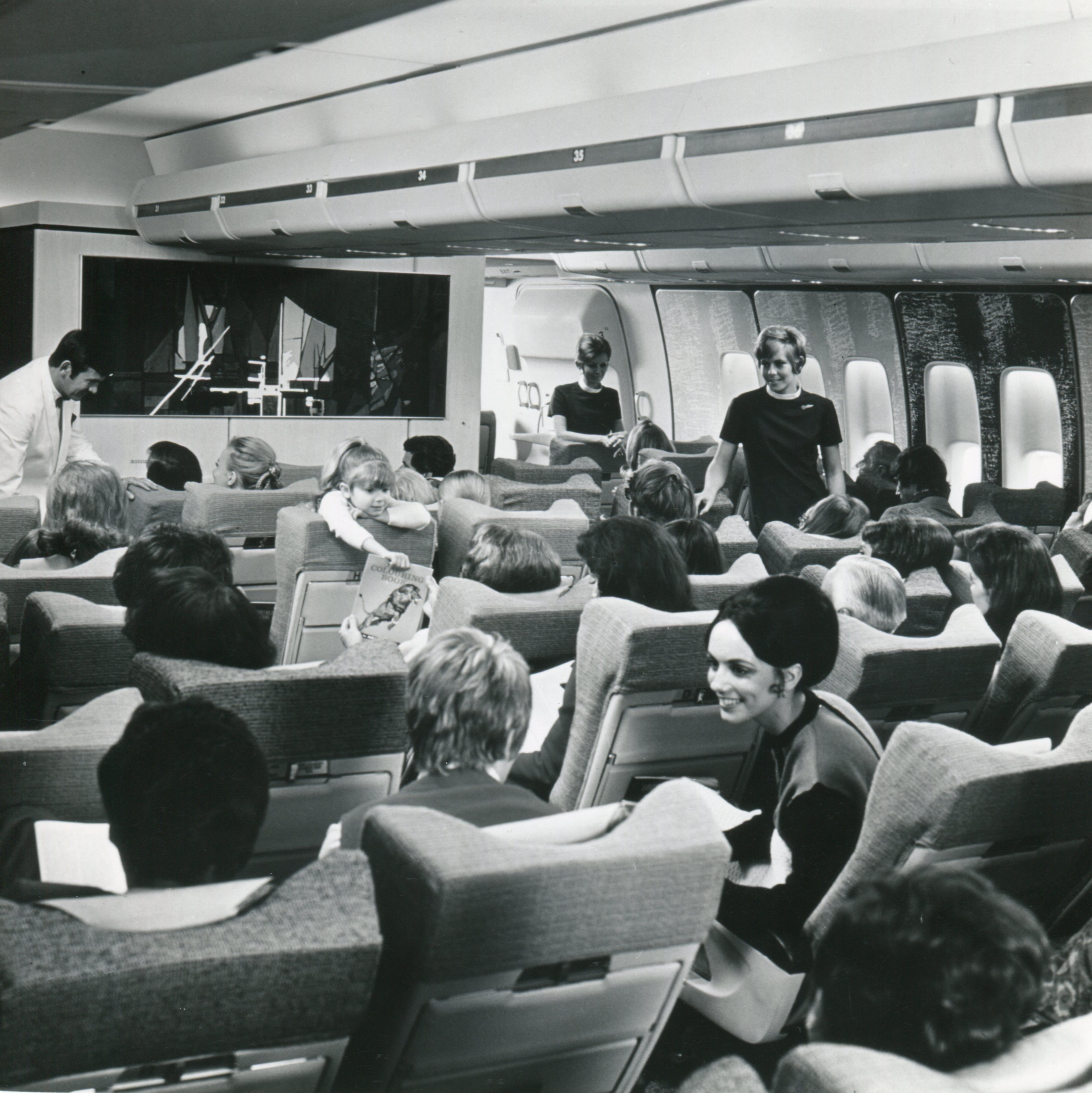
At one point British Airways operated 57 747-400 aircraft. The original aircraft featured 27 First Class seats and 292 Economy seats. Initially, the upper deck, widely described as the bubble, contained a lounge, with lounge chair seating. It was known as the ‘club in the sky’ and the aircraft also played host to the world’s very first flatbed seat, which British Airways pioneered in 1999.
Fun Facts About the British Airways 747
- Boeing has been manufacturing 747 aircraft for more than 50 years
- British Airways took delivery of its first 747-400 in July 1989 and its last in April 1999
- British Airways is currently the world’s biggest operator of 747-400 aircraft
- The 747-400 has 6ft high winglets on the tips of its wings to improve efficiency
- It has 16 main wheels and two landing nose wheels
- The wings of a 747-400 span 213ft and are big enough to accommodate 50 parked cars
- The tail height of 64ft is equivalent to a six-storey building
- The 747-400 is 231ft long
For more Airline & Airport stories click here.
